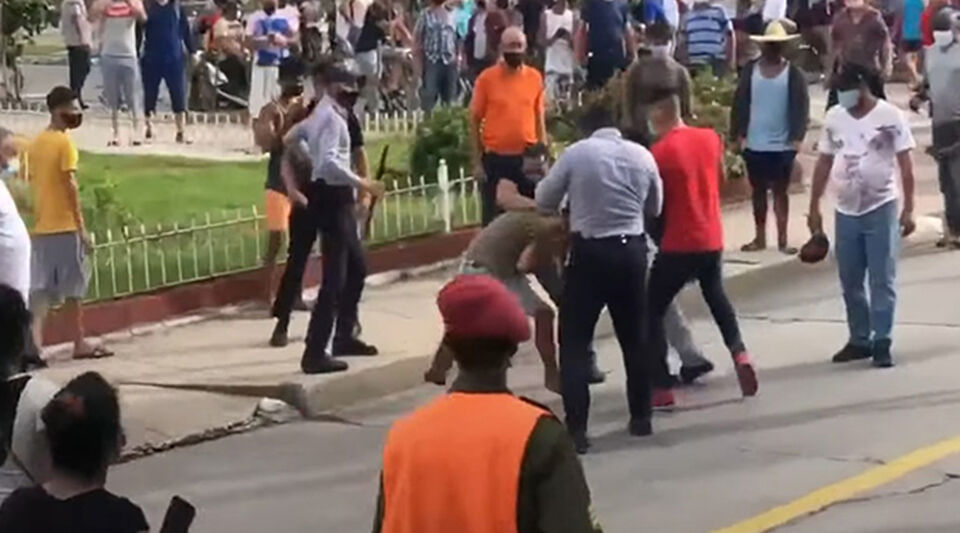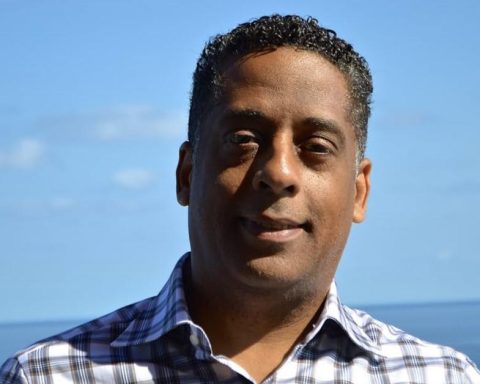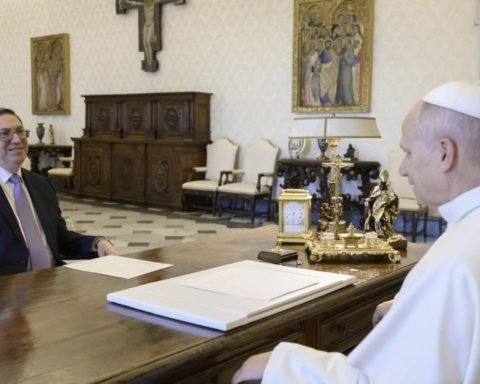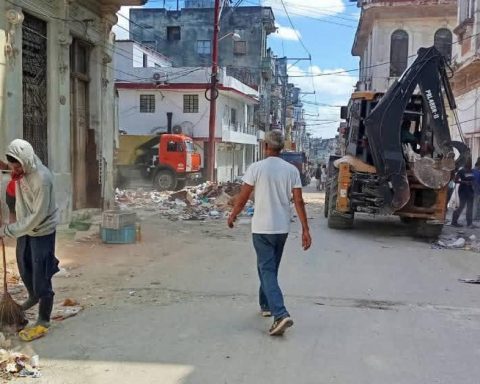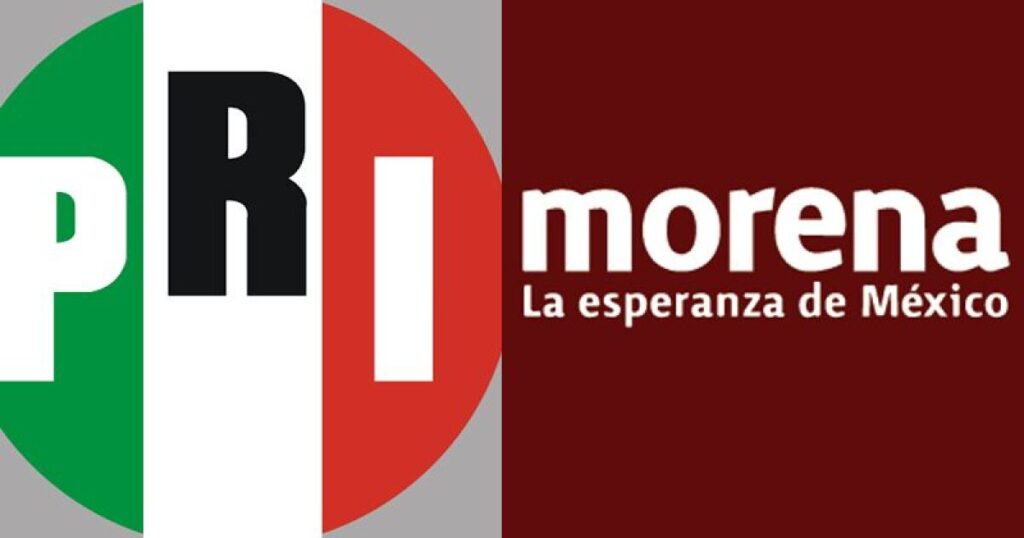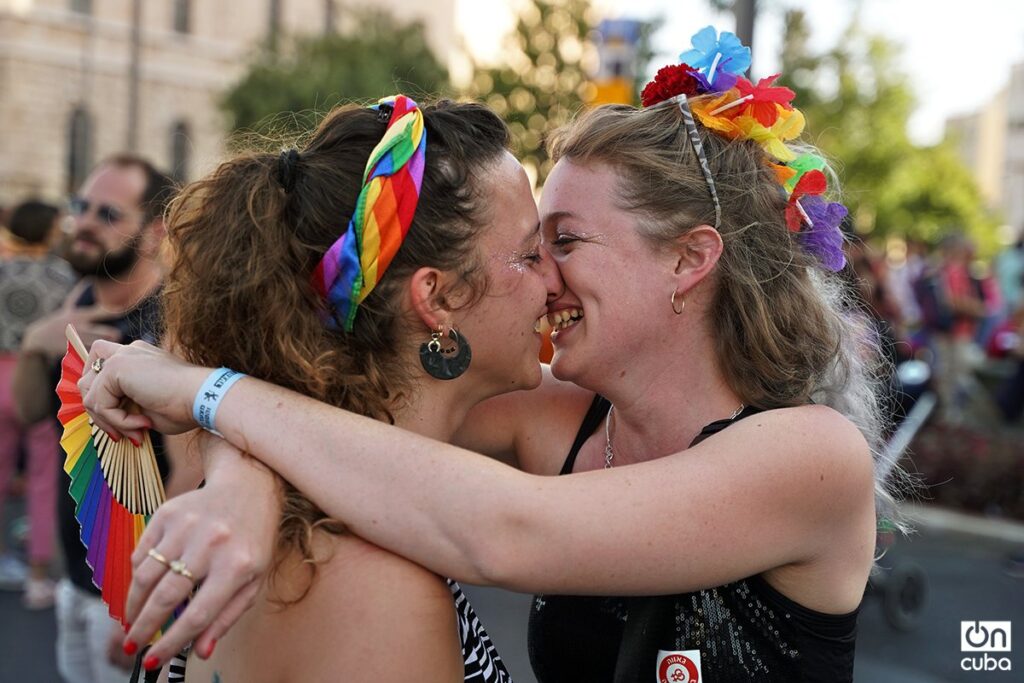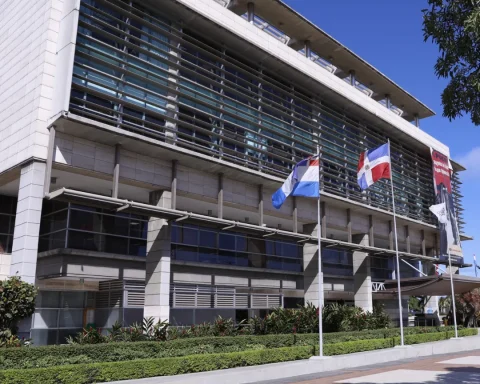The Supreme Court reduced the sentences pronounced in February in Holguín against 14 people accused of sedition for 11J. The reductions, however, hardly alleviate the high sentences that in some cases, those of Miguel Cabrera Rojas and Yosvany Rosell García Caso, go from 20 to 15 years in prison.
Iván Colón Suárez, José Ramón Solano Randiche and Maikel Rodríguez del Campo reduce their sentences from 18 years to 14 for the first and 13 for the other two. Mario Josué Prieto Ricardo and Cruz García Domínguez go from 17 to 12 years old. Miguel Enrique Girón Velázquez and Yoirdan Revolta Leyva, who had received 14 years, reduced the sentence to 11 and 10 respectively, while William Manuel Leyva Pupo – a relative of doctor Alejandro Raúl Pupo Casas – and Franklin Reymundo Fernández Rodríguez managed to go from 12 to 9 years. from prison
In the case of Jessica Lisbeth Torres Calvo, sentenced to 15 years in prison in the first instance, the court reduced her sentence to 10 years due to her condition as a young mother. Finally, there are the two youngest, 18 years old when the protests occurred: Marcos Antonio Pintueles Marrero, who was released after the cassation trial and will have to serve five years of correctional work with internment, the same time that Yoel Ricardo will be in house arrest. Sánchez Borjas, who was provisionally released on bail.
In the case of Jessica Lisbeth Torres Calvo, sentenced to 15 years in prison in the first instance, the court reduced her sentence to 10 years due to her status as a young mother
Among the most peculiar cases is that of Mario Josué Prieto Ricardo, 27, who has a Spanish passport and resides in the United States. The young man, who according to his relatives, has “personality disorder, emotionally unstable and suicidal risk”, is the second foreigner convicted of 11J, after the German-Cuban Luis Frómeta Compte, sentenced to 25 years for sedition after the protests in the Havana neighborhood of La Güinera.
Activist Salomé García Bacallao has also drawn attention to the case of William Manuel Leyva Pupo, who “despite being detained at the age of 20 and having a history of schizophrenia and suicide attempts, his sentence was only reduced to nine years.” The young man was on a hunger strike in prison to protest the request of the Prosecutor’s Office, which he requested in January 18 years in prison for him.
Two other patients are Iván Colón Suárez, who suffers from an ulcer linked to his alcoholism and has attempted suicide in prison according to his relatives; and Cruz García Domínguez, Parkinson’s patient. Both are on a hunger strike after the final sentence. On his day, Miguel Enrique Girón Velázquez was considered “unfit” to enter the Armed Forces due to a disability that requires him to use a cane, but that will not prevent him from spending more than 10 years in prison for demonstrating.
The trial was held on April 27 and the court was made up of Alina de Fátima Santana Echerri, Ileana Julia Gómez Guerra, Yoel Izquierdo Castro, Bertha Doimeadiós Martínez and Isnelda Pino Gutiérrez, who upheld the crime of sedition, one of the most serious in judicial systems around the world and that in Cuba has served to convict dozens of 11J protesters in different processes.
According to cybercuba, who had access to the sentence, the defendants were summoned by people whose identity is not known to “go out into the streets that afternoon and join groups with the common purpose of challenging and disrespecting official institutions.” All of them had, indicates the text, the “purpose of subverting the social and political order of the country.”
The court has considered “irrefutable” evidence the “odorous impressions” made by the dogs that recognized the area
Although none of the accused has denied having participated in the demonstrations, the court has considered “irrefutable” evidence the “odorous impressions” made by the dogs that recognized the area.
On the other hand, in Havana, Maikel Puig Bergolla, who had already served 20 years in prison for “instigation to commit a crime” and “two crimes of attempted murder” for his participation in 11J, received a new two-year prison sentence. in Güines, (Mayabeque).
Puig was accused of a crime of attack against the head of the Quivicán prison, where he was initially imprisoned. Last October, the prisoner was transferred to an isolation cell where, according to his family, he remained for three months and eight days. At the time of the transfer, he asked the reason for the change and, as he did not receive an answer, he began to shout for help from other prisoners.
“The Chief of the Quivicán Prison put on a show saying that Maikel had threatened to send 100 people to throw stones at his house, and that he feared for his life and those of his family,” said his wife. Finally, after a trial that was held on June 3 in the court of San José de las Lajas, he was sentenced to two more years in prison, which he will have to serve where he is now, in the Agüica prison, Matanzas, 158 kilometers away. from your house.
________________________
Collaborate with our work:
The team of 14ymedio is committed to doing serious journalism that reflects the reality of deep Cuba. Thank you for joining us on this long road. We invite you to continue supporting us, but this time becoming a member of our journal. Together we can continue transforming journalism in Cuba.
